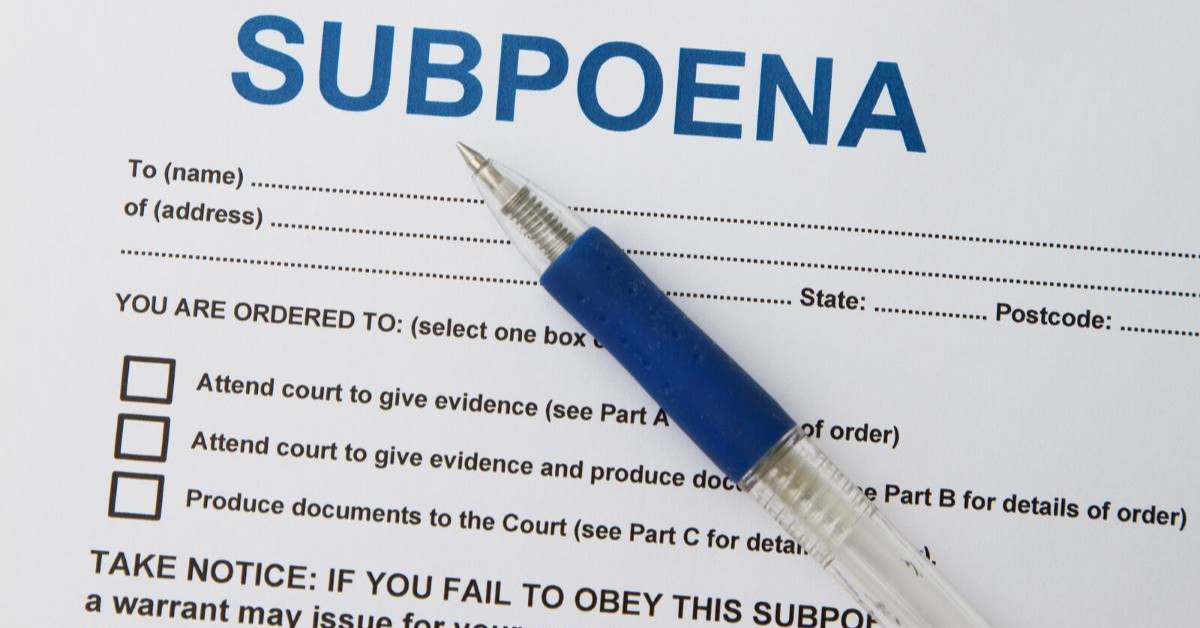Subpoenas are legal orders issued by the Federal Circuit and Family Court of Australia that require the production of specific documents or information, or requires named persons to attend Court to give evidence. An example of when a subpoena may be issued is if one party fails to disclose relevant material or information.
In property settlements, a subpoena may be issued to a bank or accountant for documents relevant to the dispute if one party is failing to comply with their duty to provide full and frank financial disclosure or perhaps if it is suspected that a party is hiding an asset or not disclosing their true financial position.
Similarly, in a contested parenting dispute, subpoenas for police records, criminal histories and involvement with the Department of Communities and Justice (formerly DOCS or FACS) are common if one or both parties are not being forthright with the Courts. Subpoenas may also commonly be issued to a child’s school or for medical records as they can provide independent evidence from third parties as to the child’s circumstances.
The 3 types of subpoenas
- Subpoena for the production of documents (which is the most common subpoena);
- Subpoena for a person to attend Court for the purpose of providing oral evidence; and
- Subpoenas for the production of documents and requiring a person to attend Court to provide oral evidence.
A party to litigated family law proceedings must request the Court to issue a subpoena, as the Court will not take it upon itself to issue any subpoenas. Information relating to any person relevant to the proceedings can be subpoenaed, however a subpoena must clearly state the ambit of the documentation that is being requested. Oftentimes, the party seeking to issue the subpoena will need to explain to the Court the relevance of the subpoena to the resolution of the matter. The Federal Circuit and Family Court of Australia will take a negative view of broad subpoenas that are issued in a ‘fishing expedition’ aimed at unearthing something that will help their case.
Get help
If you are concerned that your partner is not disclosing all the relevant information to promote the just resolution of your family law dispute – schedule an obligation free consultation with one of our experienced family lawyers today.
Tiyce & Lawyers – we are here when you need us!






